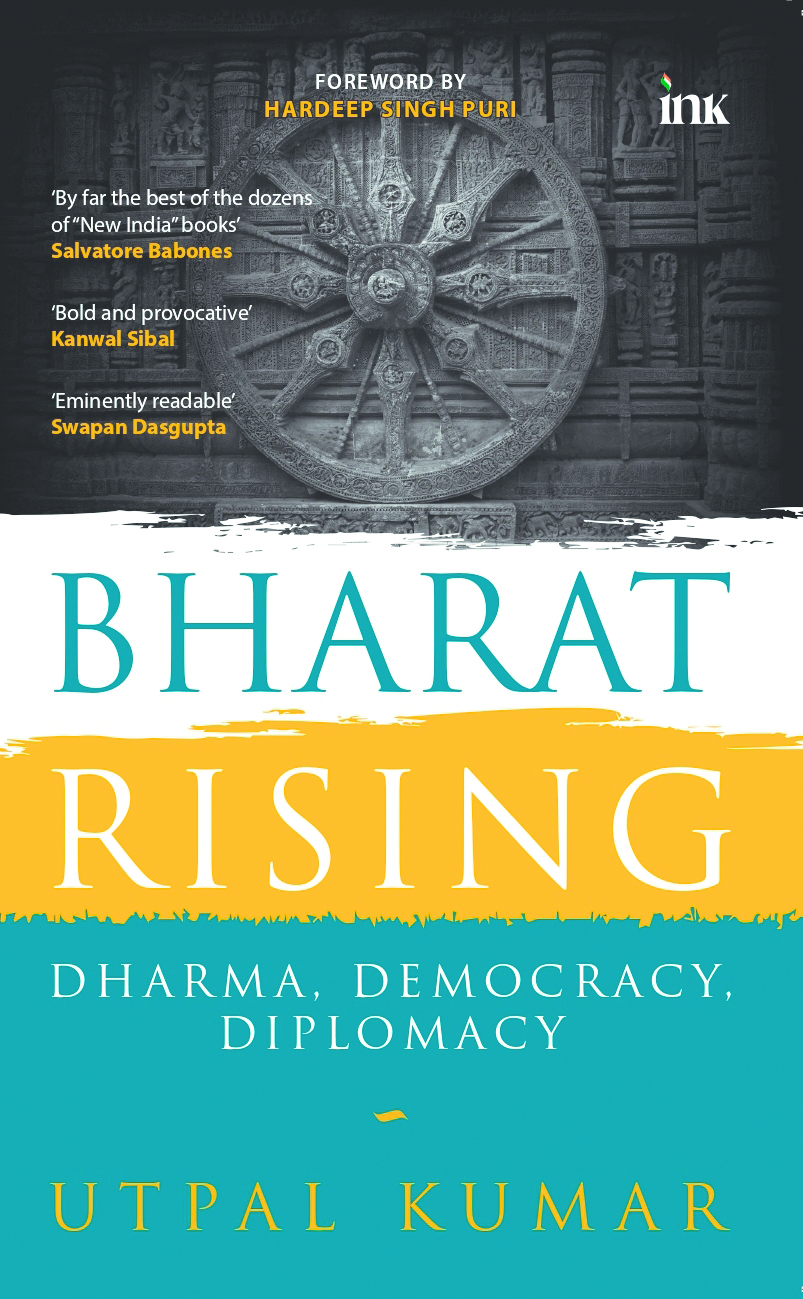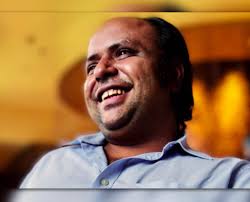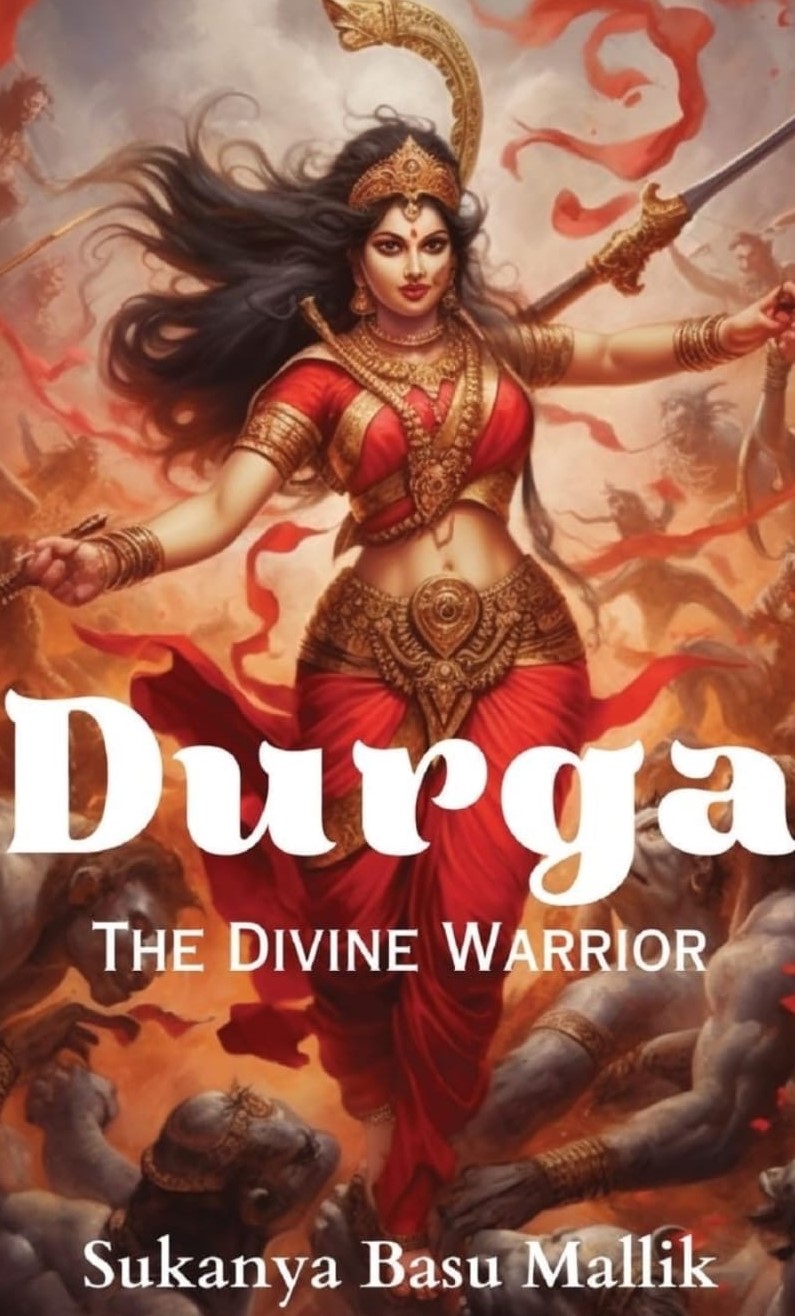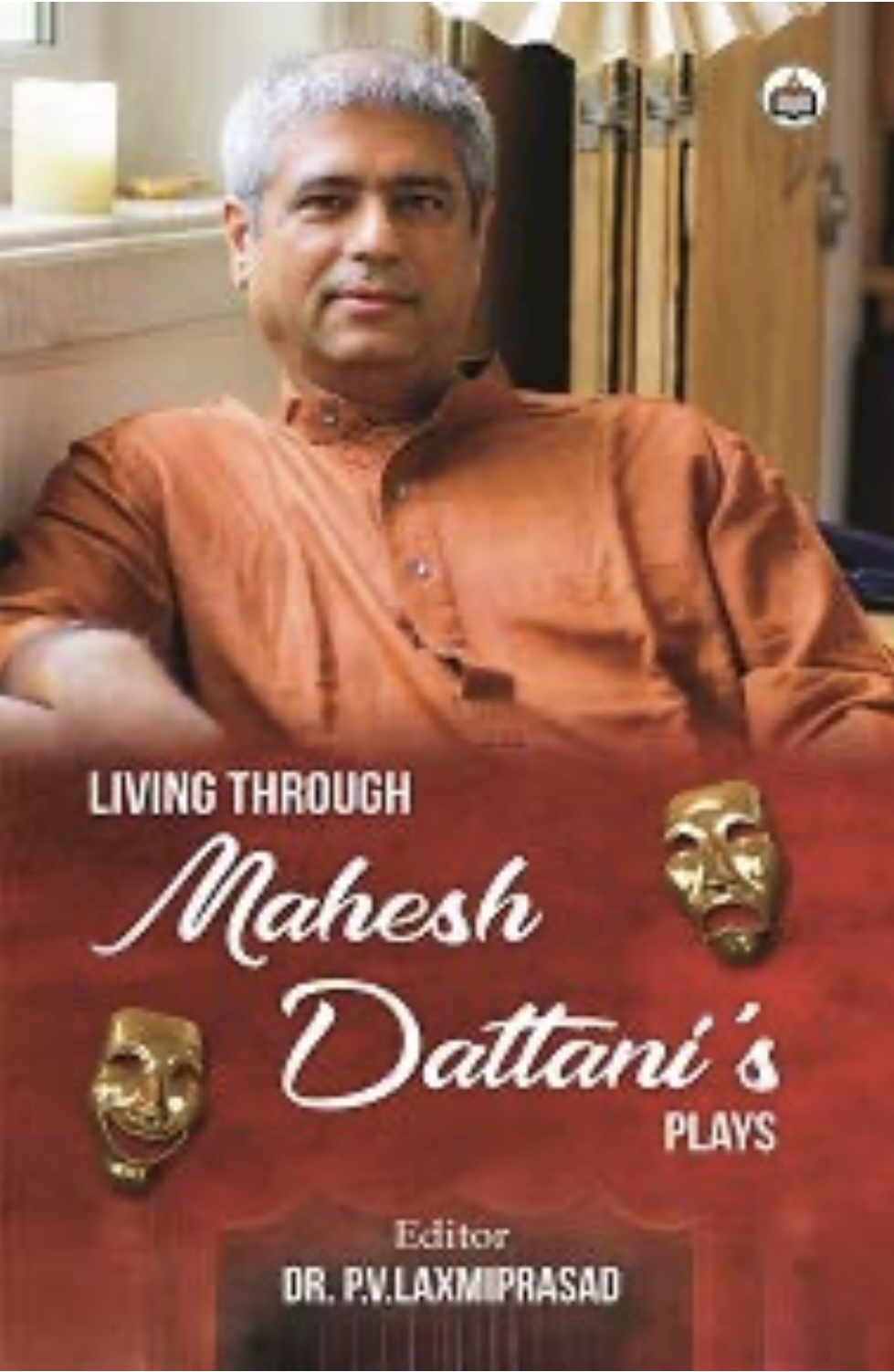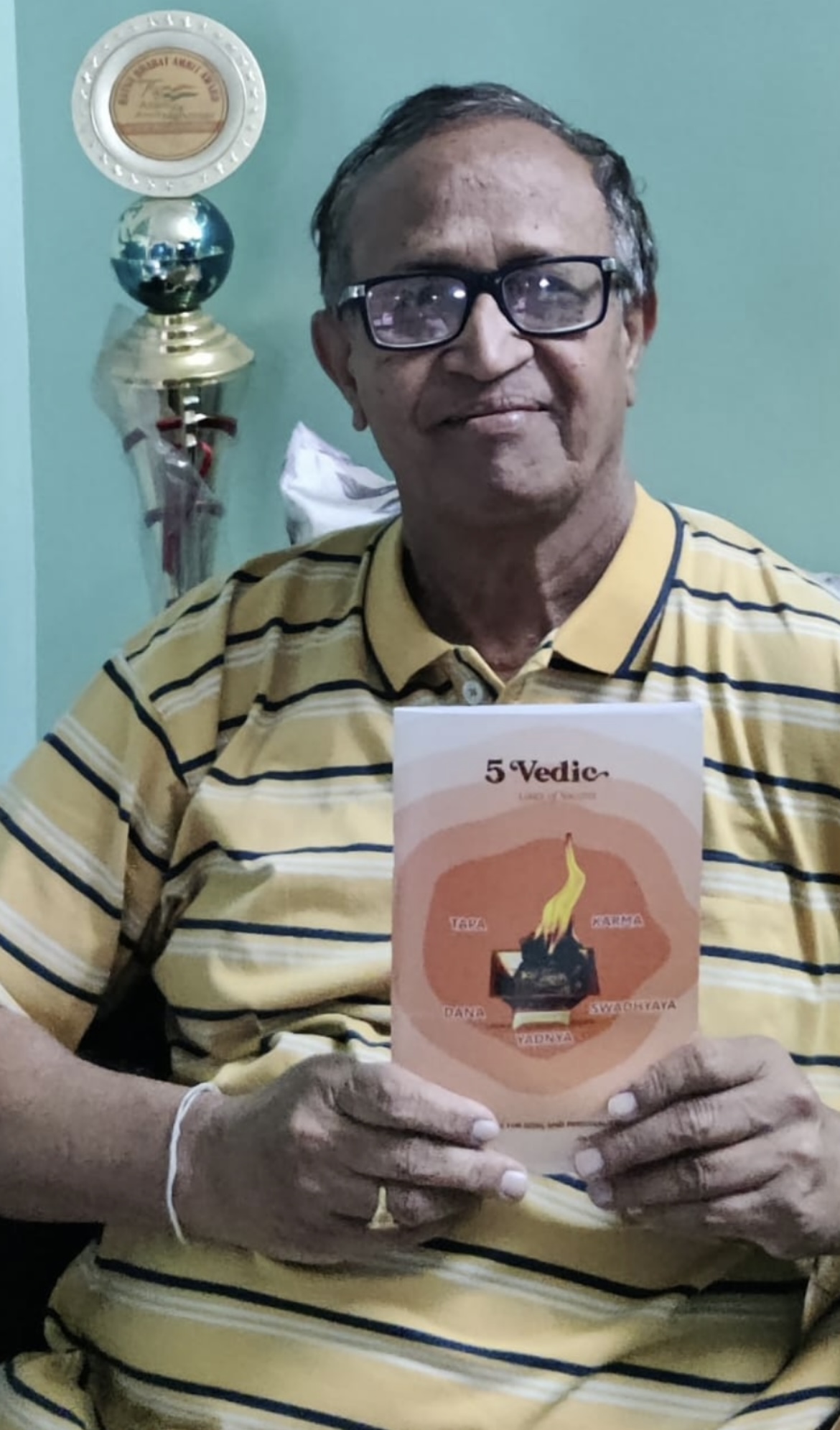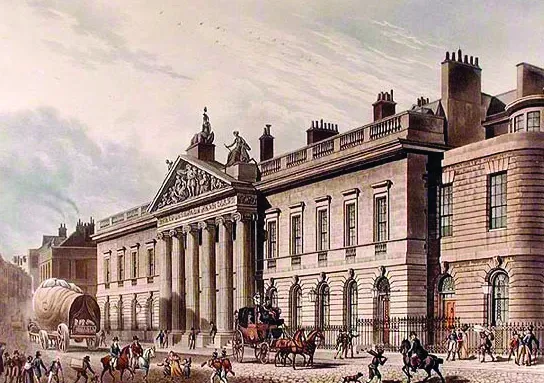Not these days so much, but when we were University students in Allahabad in the late seventies there was this zeal and enthusiasm to decipher, analyze, anatomize a movie among friends and family members. It was our recreation at the ‘chai shops’, whilst cycling to the College or at friends’ place. To some extent we were affected by the still surviving intellectual culture of the famous city which had produced large number of Academicians, Poets, politicians, Lawyers, bureaucrats and was holding on to the competition from Delhi and South. To some extent it was our Literature influence and to some our grooming at the SJC ( St’ Joseph’s College ).
Further, the Film Club under the genial patronage of Dr Chattopadhya Sahab was a big contributor in refining our cinema taste buds. We started with ‘The Bicycle Thieves’ in one of the lecture rooms of the Science faculty ( J K Institute ) and our cinema borders expanded toward new horizon. Till then we had seen mostly highly acclaimed commercial Hollywood films at the Palace Theatre or at Plaza or at Niranjan. The advent of Shyam Benegal with ‘Ankur’ and some dose of Ray ( the famous Apu Trilogy )and Mrinal Sen made us smug and skeptic of regular commercial cinema, though till them we had had our fulsome exposure to Dev, Dilip, Raj Kapoor , Bimal Roy , Guru Dutt etc . The commercial Hindi cinema with its idols and giants was deeply submerged in our consciousness. But this ‘neo – realism’ ;Cinemas commitment to society challenged our beliefs and for some time we were dedicated soldiers of the new wave ‘Art Film’ Army.
As time moved the gap between the two reduced. The commercial cinema was going great guns with the advent of International studios and corporate houses. Technology made a leap forward with reduction in print cost and the Box – Office norms were changed. Small budget Cinema too found an audience, but under the shadows of the commercial films. Multiplexes arrived and single theatre virtually vanished. However the debate between meaningful Cinema and popular Cinema continued with the new vocabulary .
Some years ago ,I was watching a television show where an imminent Hollywood Director was a guest on show . He was being questioned by one of our imminent critic and after the initial pleasantries the subject and quality of Indian films arose and in a very subdued and quiet manner he stated that the bulk of Indian Cinema does not have any ‘sub text’ implying that it was very superficial and not well researched and the film makers just are concerned about the entertainment value and do not worry on research etc. Basically he was being very critical of our cinema though he was all praise for the standard few filmmakers who mostly operate on festival circuits. At that juncture I nodded my head in agreement. However, now after about decade and half during which I have seen a wide range of world cinema and revisited both popular and Art cinema of India I realize that we have been victims of ‘Intellectual racism’. We could call it ‘cultural imperialism’ also.
My view on the subject of ‘sub-text’ or ‘theme’ is that a film cannot be made with the sub-text in mind; the sub- text emerges from the text and is the result of the main creation. If we make a film with a ‘sub – text’ in mind it would be very boring and didactic. The commitment should be toward the story, screenplay, the research, concentration on casting and not bothering on the sub-text. The film is remembered from its ‘text’ and ‘sub-text’ is a bonus, which at times surprises the maker himself. The ‘sub-text’ is a dynamic aspect and keeps evolving and changing with time.
Till recently among the top films rated by international cinema critics were ‘Casablanca’,’Citizen Kane’, ‘Gold Rush’,’Roshomon’, ‘Rome- Open City’ and others . All the above films are seen by audience today not for their sub-text but for their cinematic excellence. Do we remember Hitchcock or Charlie Chaplin for their sub-text or for their images, composition , execution, drama, narrative, action ? Things which are apparent, loud and visible. A few years back the cinema goers were surprised to find a dramatic change in the normally routine election when Hitchcock’s ‘Vertigo’ starring James Stewart was adjudged as the best all time film. Well! ‘Vertigo’ is a very nice crafted film and the entire film revolves around a ‘twist’ . I loved the film, but does it have any revolutionary ‘sub-text’? , which has come to attention now! No; it was only after the viewership of Hitchcock’s increased on DVD circuit worldwide that people realized his genius. As said above that the fuss over the ‘sub-text’ is to do with ‘class- distinction’, ‘ class- conflict ‘, ‘cultural- complex’ and sometimes ‘intellectual subjugation’. It also emanates from critics and filmmakers who believe that cinema viewing itself is an ‘Art’ not fathomable by the commoners! My personal experience is that good cinema, serious cinema and so called ‘Art cinema’ is understandable by the common folk as well, they enjoy Ray as well as Manmohan Desai/Rohit Shetty , any good story narrated well, finds an audience. The myth that ‘Art cinema’ needs a nurtured audience has been broken by the rise of other world Cinema. Cinema of South America, Cinema of Iran , Cinema of Soth Korea, China and Japan.
And Yet; we cannot deny that Cinema has a sub-text which a discerning audience understands and appreciates, needs no classes or cultivation or instructions on ‘appreciation’ . The mass audience also appreciates.
They know the sub-text of the stories told to them by their grandmothers. They know the theme of ‘Ramayan’ and ‘Mahabharat’ ! And our Cinema and their stories are mere screenplays of the stories of our Mythologies and ‘folk- lore’- Indian, Greek .
Even Shakespeare is now part of the western ‘folk- lore’ on whose plays numerous western and even Indian cinema is inspired. The recent success of Indian cinema abroad/overseas such as ‘Lunch Box’, ‘Bahubali’, ‘RRR’ ‘Jawaan’ and others goes to show that variety of Indian cinema and also regional Indian cinema has come of age balancing the ‘Text’ and ‘Sub-Text’.

